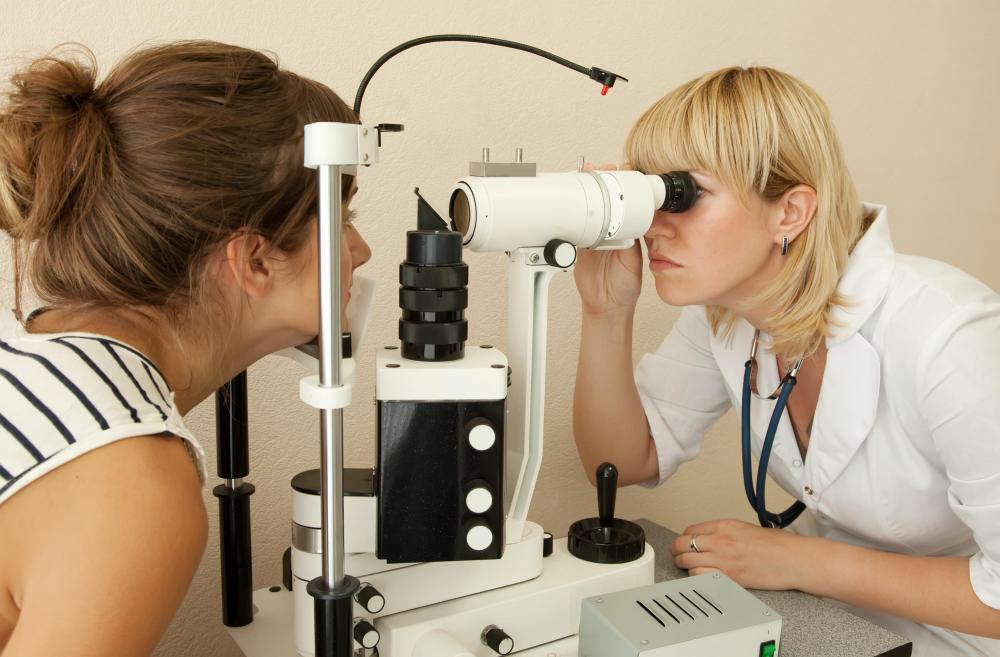At WiseGEEK, we're committed to delivering accurate, trustworthy information. Our expert-authored content is rigorously fact-checked and sourced from credible authorities. Discover how we uphold the highest standards in providing you with reliable knowledge.
What is the Dawn Phenomenon?
The dawn phenomenon, also known as the dawn effect, is a medical condition wherein a person's blood sugar or glucose level spikes abnormally. This typically happens in the dawn hours of morning, usually between 2 am and 7 am. Anyone can experience the dawn phenomenon, but the terminology is most commonly used in relation to individuals with diabetes. Although the reason behind the spike in blood sugar levels may vary from person to person, doctors have several theories as to what causes the condition. In addition, there are steps that can be taken to lower the likelihood of the dawn phenomenon occurring.
Research indicates that the dawn phenomenon may be the result of hormones, such as epinephrine and glucagon, which are released while a person sleeps. These hormones are referred to as counter-regulatory hormones. They fight insulin in the body, creating imbalance in people with diabetes. Since the counter-regulatory hormones impede insulin, glucose levels rise in the blood. In fact, pregnant women release such a great number of counter-regulatory hormones that they frequently experience the dawn phenomenon. If a person does not have diabetes, the condition often goes virtually unnoticed.

There are other potential causes for the dawn phenomenon, aside from release of hormones. For example, prescribed medication used to manage diabetes may need to be changed. In addition, if a person eats a snack or drinks a beverage that contains high amounts of carbohydrates before going to bed, it could lead to an early morning glucose spike in the person’s blood.

One of the main ways for a person to check to see if she has this condition is to check her blood glucose levels in the early morning hours. For example, if she were to have a spike of blood sugar levels at approximately 3 a.m., the dawn phenomenon may be to blame. Generally, this issue should be discussed with the affected individual’s medical provider as soon as possible.

There are ways to limit the frequency of the dawn phenomenon. For example, an affected person may avoid eating or drinking high carbohydrate foods or drinks at night. In the alternative, she may consume high protein options, such as nuts or meats. In addition, she may be encouraged to exercise in the late afternoon. Many medical doctors believe that exercise may counteract the spike in glucose and prevent the phenomenon from occurring. In some cases, a new medication or a change in the dosage may fix the problem as well.
AS FEATURED ON:
AS FEATURED ON:
















Discuss this Article
Post your comments